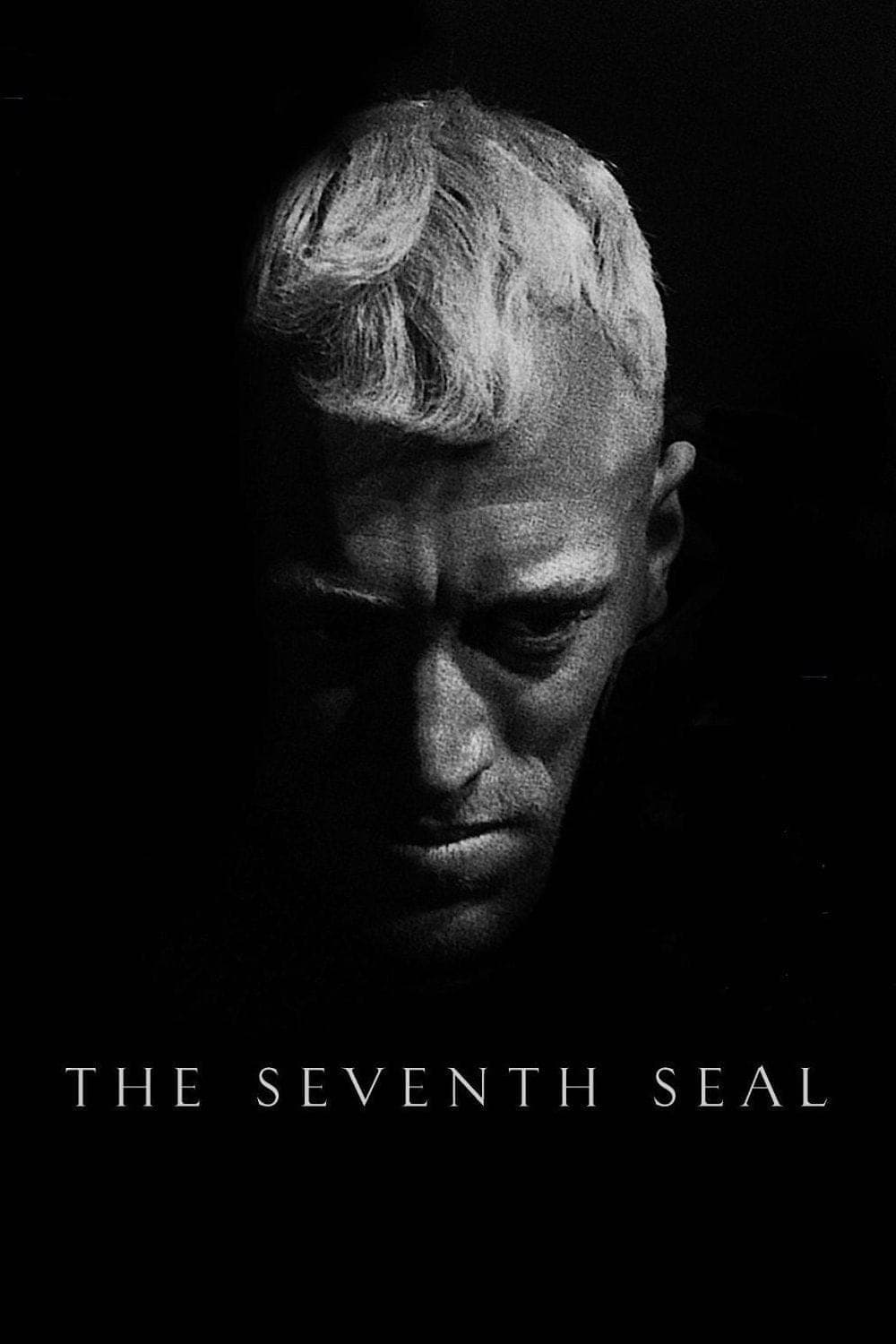
The Seventh Seal
1957
Rate this movie
Average: 0.00 / 5
(0 votes)
Director
A knight returns exhausted from the Crusades when he encounters Death. To escape its embrace, he challenges it to a game of chess. Thus begins a compelling psychological tug-of-war between man and immortal spirit, a dualism in which the two contenders desperately fight on equal terms to try and outmaneuver their adversary. This game of chess, far more than a mere narrative device, stands as a symbol of a tormented era, that of the Black Death which decimated medieval Europe, but also, in a timeless echo, of the existential crisis gripping modern humanity. Bergman does not merely paint a historical fresco; he probes the abyss of doubt, the anguish of an existence devoid of divine answers, a theme that resonates strongly in post-war Europe and in the existentialist philosophical currents of Camus and Sartre. The film thus becomes a meditation on the absurd, on the futility of searching for meaning in an apparently indifferent universe.
This is the striking plot of one of the most beautiful and fascinating films ever made by human beings. Ingmar Bergman is truly sublime in the art of visually rendering the pathos of the dualism between the two contenders, of a silent battle fought in the minds and tormented soul of the Knight. His camera, aided by Gunnar Fischer's cinematography, transforms every shot into a rock engraving, carved in the sharpest black and white, where shadows are as central as human figures. Max von Sydow's face, emaciated by torment and the search for a silent God, contrasts with the hieratic and motionless figure of Death, almost a living allegorical representation, rooted in the tradition of medieval Dances Macabre, but endowed with a new, terrifying proximity. The iconic images – the knight playing chess on the beach, the procession of flagellants, the famous final dance – are not only aesthetically powerful, but act as visual archetypes, crystallizing complex concepts into immediately recognizable forms, capable of speaking to deep layers of our collective psyche.
The variants of each move are analyzed in a hidden yet reverberated psychological flow within the narrative; as in any titanic chess challenge, the core of the conflict lies hidden in the recesses of the contenders' minds, and it is precisely there that Bergman intercepts it and makes it flash before us. It is not only the game that keeps Knight Blokk in suspense, but his unceasing and vain search for a sign, for proof of God's existence, a theme Bergman would revisit with even more desolate intensity in later works such as Winter Light and Persona. Alongside Blokk, his squire Jöns, a cynical pragmatist, serves as a rational counterpoint, the sardonic chorus commenting on the vanity of human endeavors and religious hypocrisy. This dichotomy between tormented faith and disenchanted skepticism is a pulsating engine of the narrative, which is further enriched by the introduction of the family of itinerant performers – Jof, Mia, and their child – embodying a simple and untamed purity and joy, almost a secular and earthly alternative to spiritual salvation. Their innocence, their capacity to find beauty and meaning in everyday life, contrasts poignantly with the Knight's intellectual anguish, suggesting that perhaps the answer lies not in grand metaphysical questions, but in the tangible, fragile wonder of living.
Like a philosophical treatise rendered through images and words, one almost has the impression of being able to tangibly grasp the flow of thoughts, the secret point of contention, the sovereignty of spaces vying for dominance. The Seventh Seal transcends mere filmic representation to become an intellectual and spiritual experience, an almost theological inquiry into the human condition. The famous scene of Blokk's confession to the priest, who turns out to be Death itself, is a peak in this desperate search for knowledge, a moment when man tries to wrest a fragment of truth from the ineffable, only to discover emptiness or deceit. Bergman, himself grappling with his own crises of faith during production – it is said that the film arose from his personal drama and an illness that led him to reflect on death – imbues every frame with profound existential authenticity. The set, often sparse and deliberately stylized, serves to focus attention on the essence of the drama, on the expressions of faces, on the gestures that reveal inner worlds.
The impact of The Seventh Seal on world cinema has been colossal, influencing generations of directors with its thematic audacity and visual power. It paved the way for a more introspective and philosophical cinema, demonstrating that cinematic art could tackle humanity's greatest questions without sacrificing accessibility or allure. It is a work that, despite its apparent bleakness, also celebrates the resilience of the human spirit and the fleeting beauty of life. The final dance with Death, a procession of souls towards the unknown, is an image as sinister as it is liberating, an eternal reminder of transience but also of the shared human destiny.
A majestic and hidden work, like an immense Platonic diamond at the bottom of the abysses, whose splendor reveals itself to those brave enough to immerse themselves in its depths.
Country
Gallery
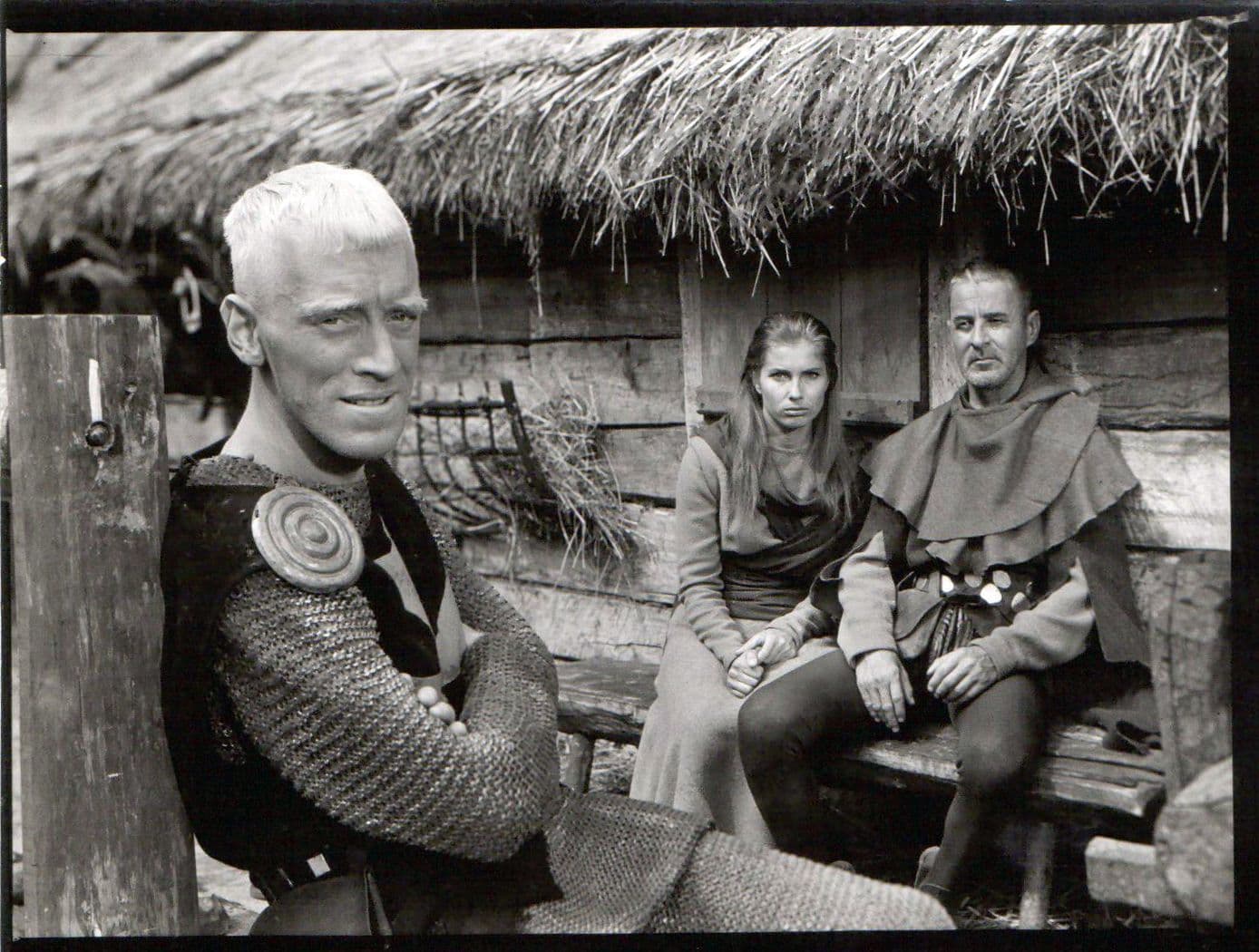
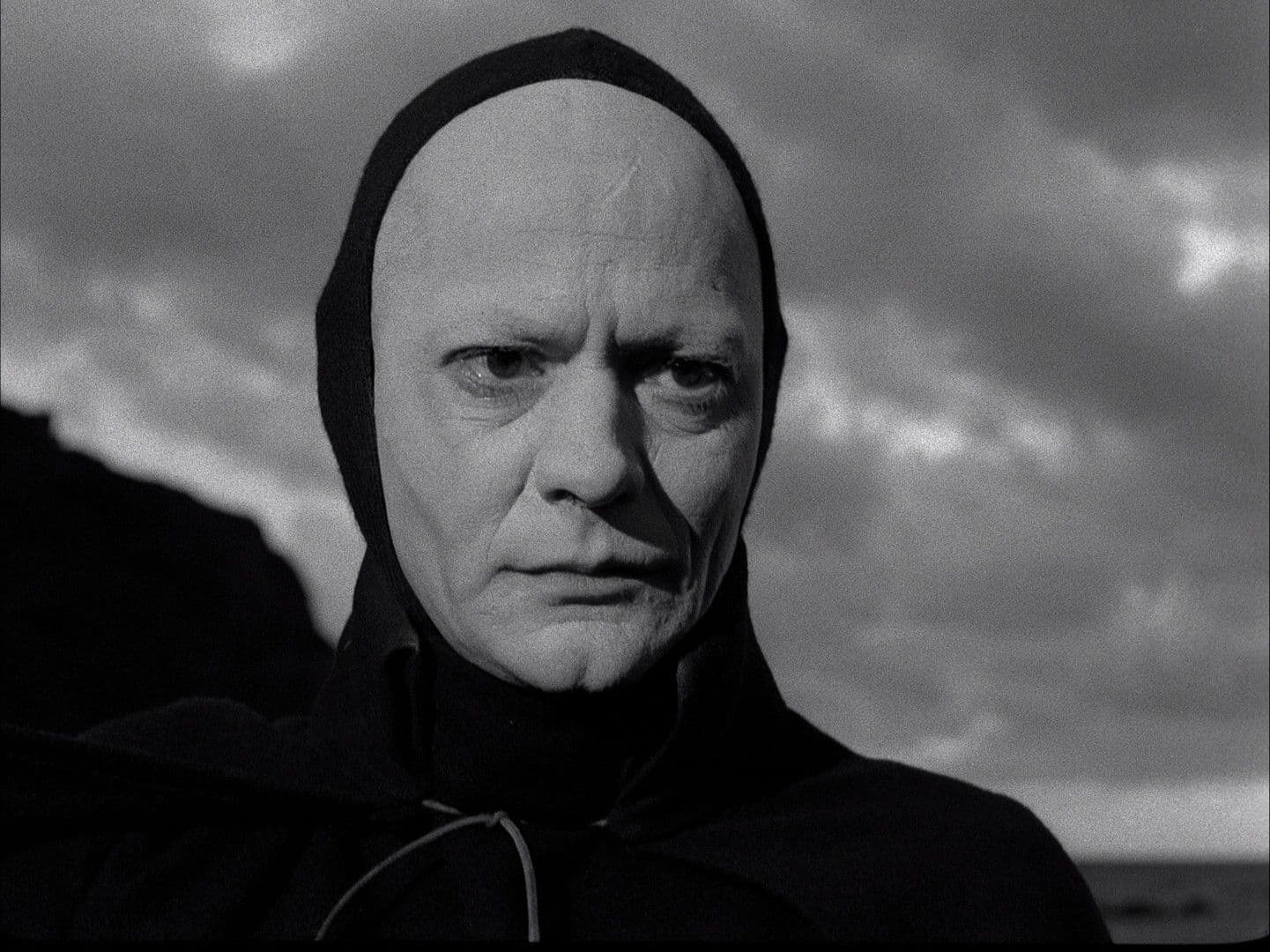
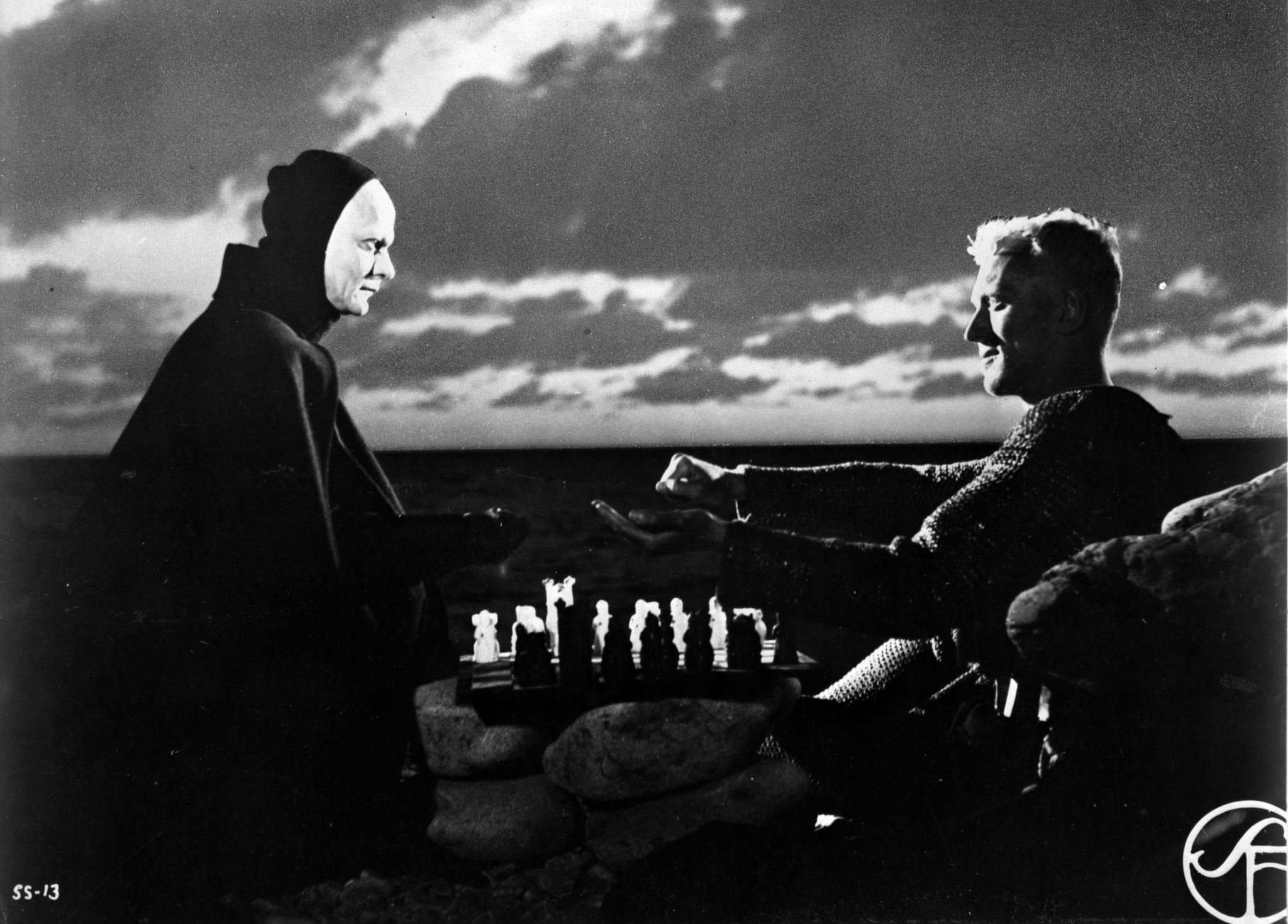
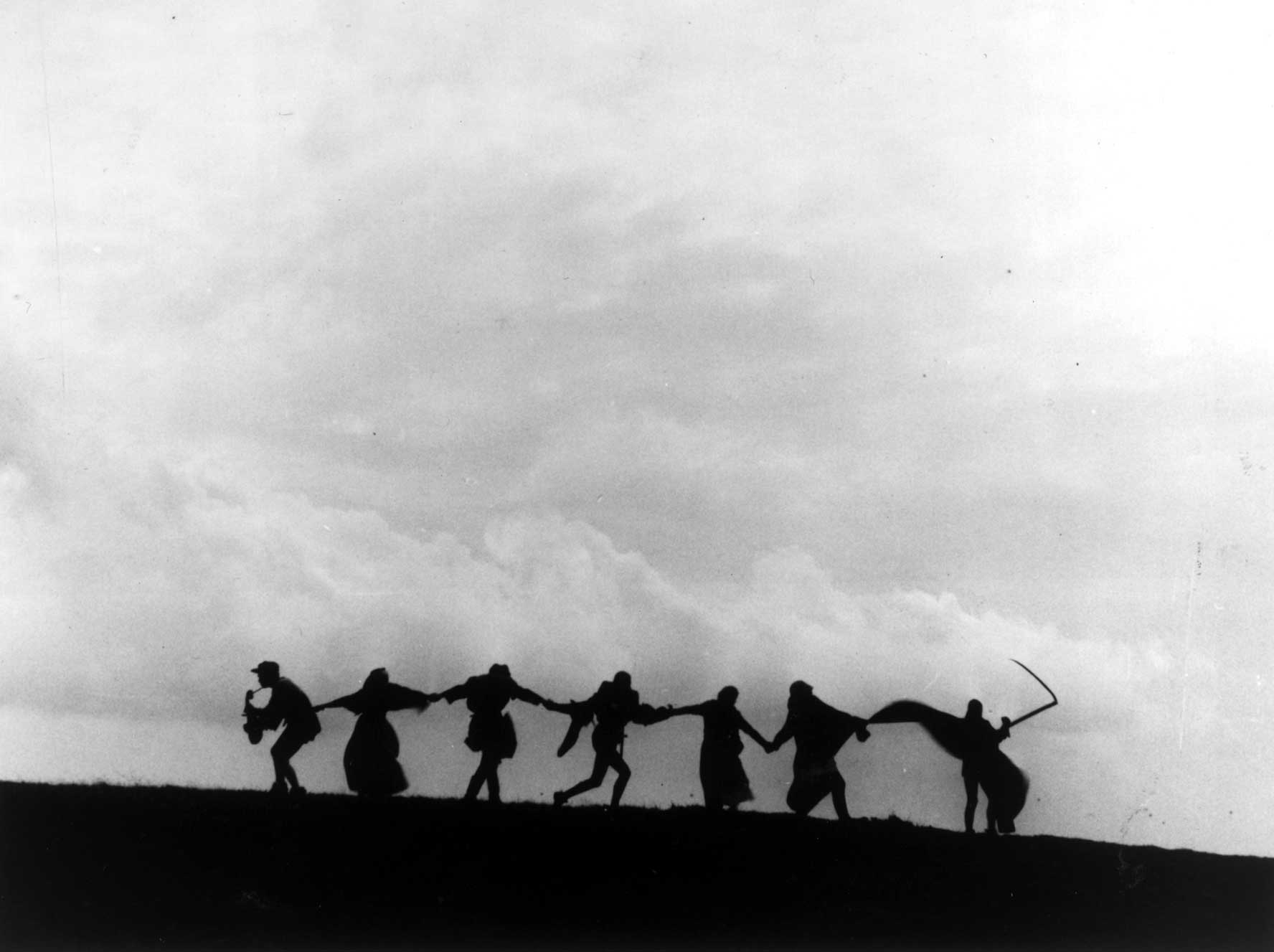
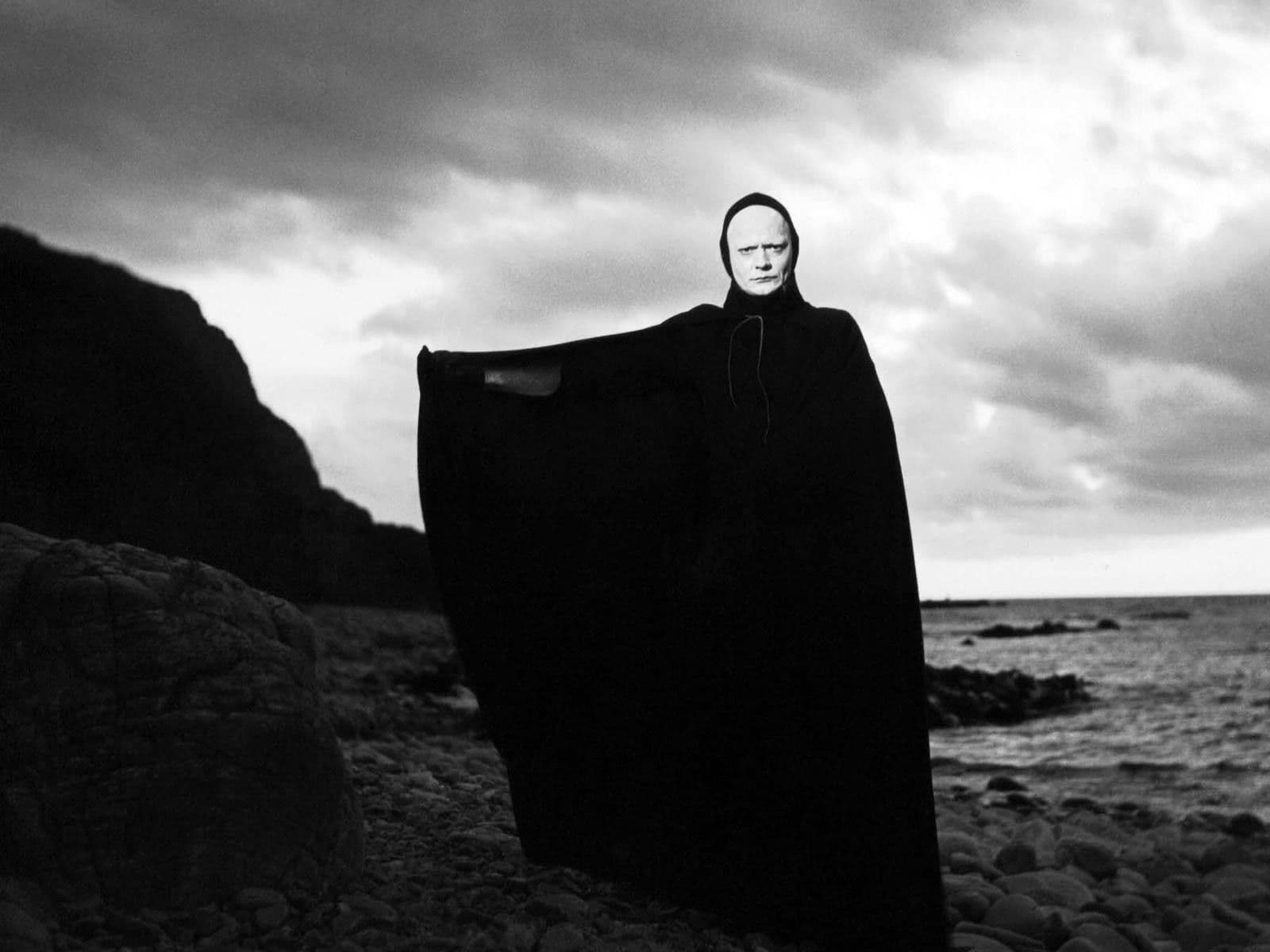
Comments
Loading comments...